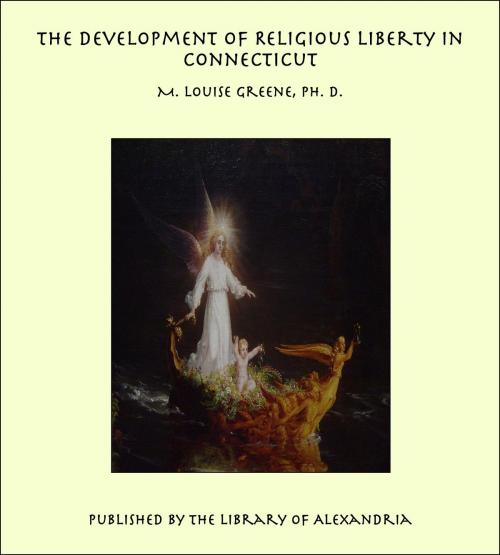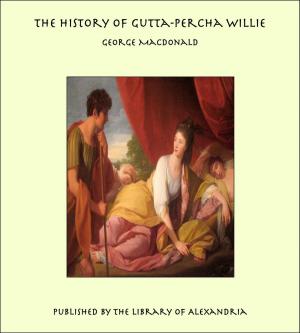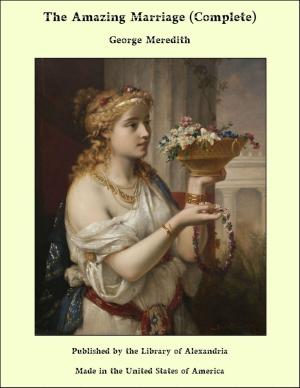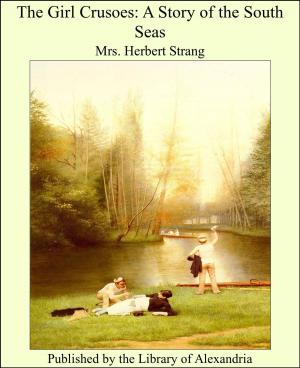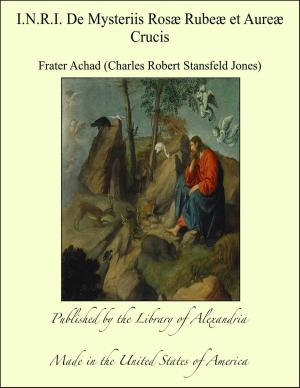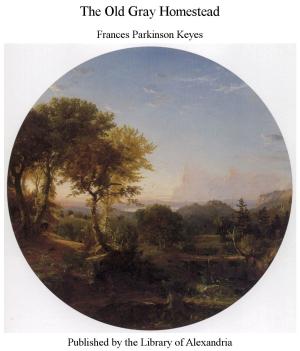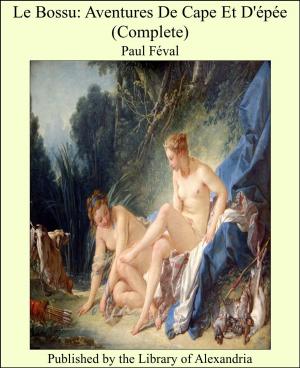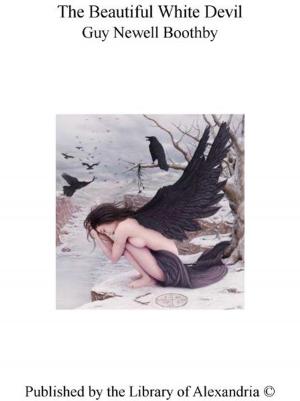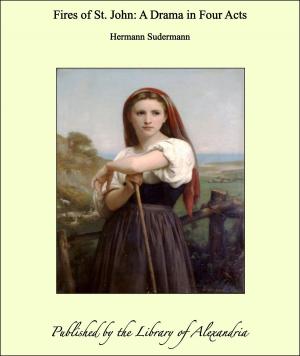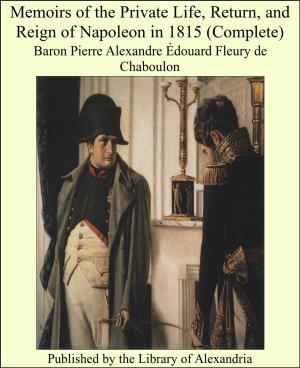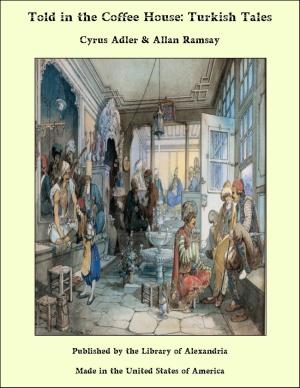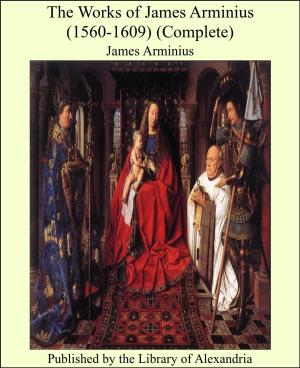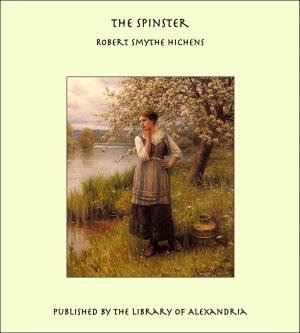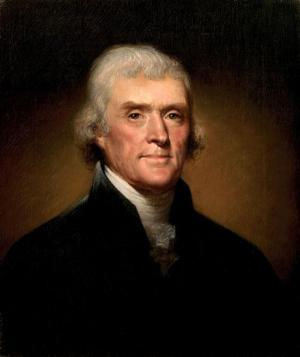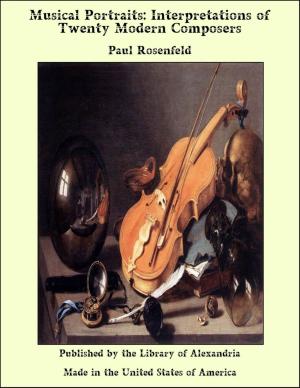The Development of Religious Liberty in Connecticut
Nonfiction, Religion & Spirituality, New Age, History, Fiction & Literature| Author: | M. Louise Greene, Ph. D. | ISBN: | 9781465546951 |
| Publisher: | Library of Alexandria | Publication: | March 8, 2015 |
| Imprint: | Language: | English |
| Author: | M. Louise Greene, Ph. D. |
| ISBN: | 9781465546951 |
| Publisher: | Library of Alexandria |
| Publication: | March 8, 2015 |
| Imprint: | |
| Language: | English |
The following monograph is the outgrowth of three earlier and shorter essays. The first, “Church and State in Connecticut to 1818,” was presented to Yale University as a doctor’s thesis. The second, a briefer and more popularly written article, won the Straus prize offered in 1896 through Brown University by the Hon. Oscar S. Straus. The third, a paper containing additional matter, was so far approved by the American Historical Association as to receive honorable mention in the Justin Winsor prize competition of 1901. And yet, Connecticut is recalled as a part of that New England where those not Congregationalists, the unorthodox or radical thinkers, found early and late an uncomfortable atmosphere and restricted liberties. By a study of her past, I have hoped to contribute to a fairer judgment of the men and measures of colonial times, and to a correct estimate of those essentials in religion and morals which endure from age to age, and which alone, it would seem, must constitute the basis of that “ultimate union of Christendom” toward which so many confidently look. The past should teach the present, and one generation, from dwelling upon the transient beliefs and opinions of a preceding, may better judge what are the non-essentials of its own
The following monograph is the outgrowth of three earlier and shorter essays. The first, “Church and State in Connecticut to 1818,” was presented to Yale University as a doctor’s thesis. The second, a briefer and more popularly written article, won the Straus prize offered in 1896 through Brown University by the Hon. Oscar S. Straus. The third, a paper containing additional matter, was so far approved by the American Historical Association as to receive honorable mention in the Justin Winsor prize competition of 1901. And yet, Connecticut is recalled as a part of that New England where those not Congregationalists, the unorthodox or radical thinkers, found early and late an uncomfortable atmosphere and restricted liberties. By a study of her past, I have hoped to contribute to a fairer judgment of the men and measures of colonial times, and to a correct estimate of those essentials in religion and morals which endure from age to age, and which alone, it would seem, must constitute the basis of that “ultimate union of Christendom” toward which so many confidently look. The past should teach the present, and one generation, from dwelling upon the transient beliefs and opinions of a preceding, may better judge what are the non-essentials of its own
